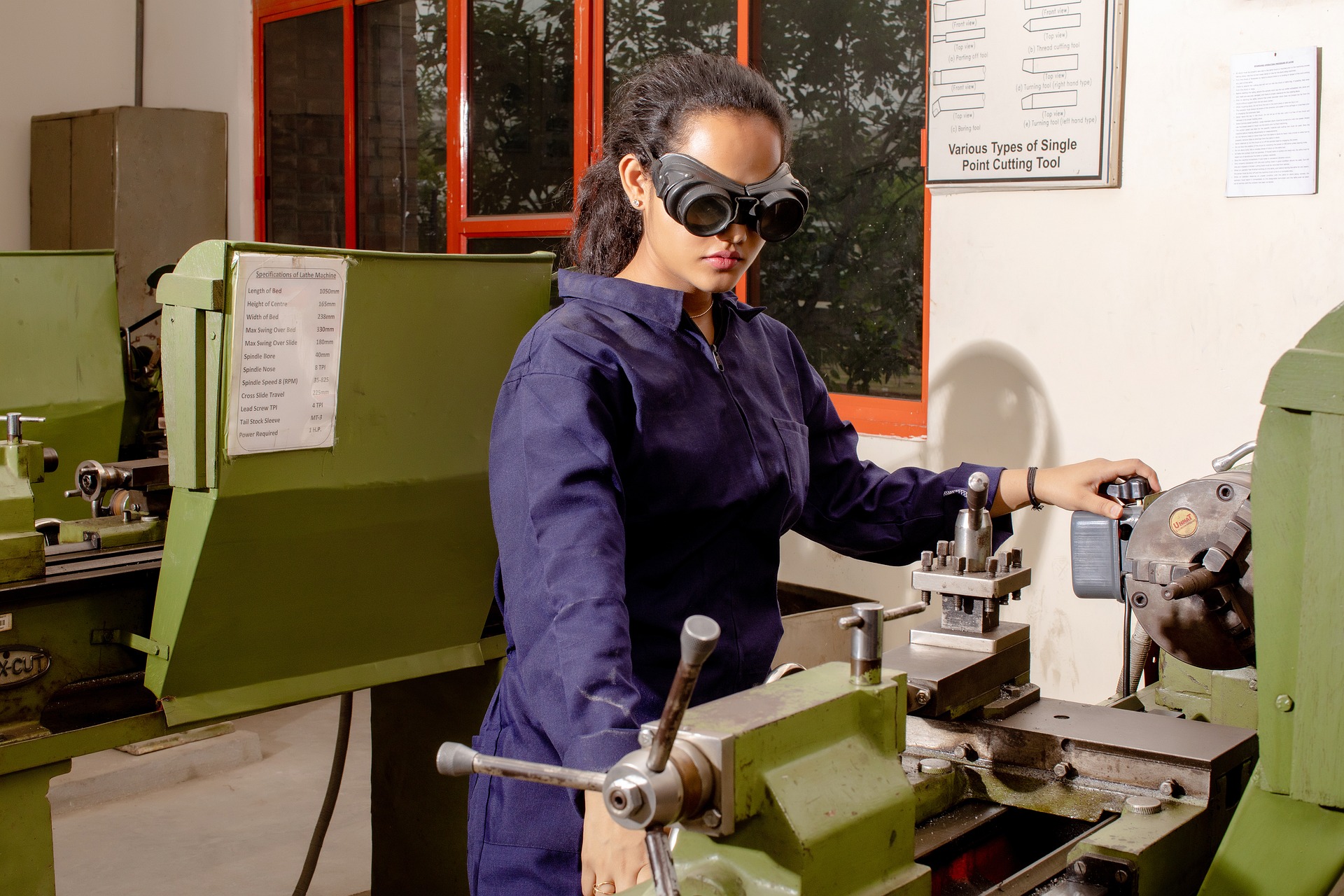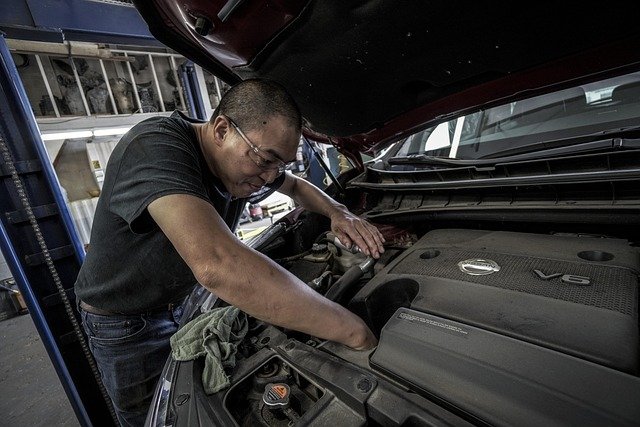Discover Welding Training Programs for Beginners in Italy
In Italy, individuals interested in starting a journey in welding can find a variety of training programs tailored for beginners. These programs offer essential skills and knowledge, paving the way for careers in welding and metal fabrication. Explore the opportunities where fabrication and welding companies thrive, and gain insight into the training available to help develop proficiency in this essential trade.

Comprehensive Overview of Welding Training Programs for Beginners
Italian welding training programs for beginners generally fall into three main categories: vocational schools (istituti professionali), technical institutes (istituti tecnici), and specialized training centers. Vocational schools offer 3-5 year programs that combine general education with technical training, where students can earn qualifications recognized throughout the European Union. Technical institutes provide more advanced theoretical knowledge alongside practical skills, while specialized training centers focus exclusively on welding techniques and certifications.
Most beginner programs start with the fundamentals of metallurgy, blueprint reading, and safety procedures before progressing to hands-on training. Popular welding methods taught include MIG (Metal Inert Gas), TIG (Tungsten Inert Gas), and stick welding. Many programs also incorporate elements of Industry 4.0, teaching students to work with automated welding systems and computer-aided design software. Course durations vary from intensive 2-3 month certificates to comprehensive 2-year diplomas, with options for both full-time and part-time study to accommodate different schedules.
Key Locations for Welding Fabrication and Metal Fabrication
Northern Italy serves as the country’s industrial heartland and offers the highest concentration of welding training facilities. Milan and Turin stand out as primary hubs for industrial manufacturing education, with several established technical schools and partnerships with major automotive and machinery manufacturers. The Emilia-Romagna region, particularly around Bologna and Modena, is known for high-precision welding training connected to the area’s motorsport industry and mechanical engineering sector.
In Central Italy, regions like Tuscany and Umbria host specialized programs focusing on artistic metal fabrication and restoration, blending traditional Italian craftsmanship with modern welding techniques. These areas are ideal for those interested in architectural metalwork or artistic fabrication. Southern regions like Campania and Sicily have developed training centers that focus on shipbuilding and maritime welding applications, taking advantage of their coastal locations and long maritime traditions.
Many of these locations feature state-of-the-art facilities equipped with virtual welding simulators, allowing beginners to practice techniques safely before working with actual materials. These technological investments have made Italian welding education increasingly accessible to international students, with several institutes offering programs in English or providing language support services.
Opportunities with Fabrication and Welding Companies
Graduates of Italian welding programs have diverse career pathways available to them. The country’s automotive sector, including manufacturers like FIAT (now part of Stellantis), remains a significant employer of skilled welders, particularly in the Turin and Naples areas. The machinery and equipment manufacturing industry, concentrated in the industrial districts of Lombardy and Veneto, regularly recruits welding professionals for both production and maintenance roles.
Italy’s shipbuilding industry, with major centers in Genoa, La Spezia, and Ancona, offers specialized opportunities in maritime welding and fabrication. Companies like Fincantieri provide careers working on complex vessels from cruise ships to naval vessels. The country’s aerospace sector, though smaller, includes companies like Leonardo that employ precision welders for aircraft components and specialized equipment.
Many training programs maintain direct relationships with industry partners, facilitating internships and apprenticeships that often lead to permanent employment. These connections provide valuable real-world experience and networking opportunities for beginners. Additionally, Italy’s position within the European Union allows qualified welders to access job opportunities throughout Europe, with Italian welding certifications recognized across member states.
Training Costs and Program Comparison
When considering welding training in Italy, understanding the financial investment is crucial. Costs vary significantly based on the type of institution, program duration, and included certifications.
| Institution Type | Program Duration | Approximate Cost | Certification Level |
|---|---|---|---|
| Public Vocational Schools | 3-5 years | €0-500 per year | National Diploma |
| Private Technical Institutes | 1-2 years | €2,000-5,000 total | Technical Certificate |
| Specialized Training Centers | 2-6 months | €1,500-3,000 total | Process-Specific Certification |
| University-Affiliated Programs | 2-3 years | €1,000-2,000 per year | Advanced Technical Degree |
| Corporate Training Programs | 1-3 months | Varies (often employer-sponsored) | Company-Specific Qualification |
Prices, rates, or cost estimates mentioned in this article are based on the latest available information but may change over time. Independent research is advised before making financial decisions.
Public institutions typically offer the most affordable options, with some programs being nearly free for EU citizens or residents. Private training centers generally charge higher fees but provide more intensive, focused training with modern equipment and direct industry connections. Many programs offer financial assistance options, including regional training vouchers, EU-funded initiatives for youth employment, and payment plans designed to make education accessible.
International Recognition and Certification Standards
Italian welding certifications follow European standards established by the European Welding Federation (EWF) and the International Institute of Welding (IIW). These include qualifications such as the European Welding Practitioner (EWP) and International Welding Specialist (IWS), which are recognized globally. For beginners, starting with process-specific certifications like those for MIG or TIG welding provides a foundation that can later be built upon with more specialized qualifications.
Many programs in Italy also incorporate preparation for ISO 9606 certification, which verifies a welder’s ability to produce welds of acceptable quality under specific conditions. This certification is particularly valuable for those seeking employment in sectors with strict quality requirements, such as pressure vessel manufacturing or structural welding. Italian welding schools regularly invite external certification bodies to conduct examinations on-site, allowing students to graduate with both educational qualifications and professional certifications.
Welding training in Italy offers beginners a solid foundation in both traditional and modern fabrication techniques. With programs available across the country, catering to various specializations and career goals, aspiring welders can find educational paths that match their interests and circumstances. The combination of Italy’s manufacturing heritage, contemporary facilities, and European certification standards creates an educational environment where beginners can develop into skilled professionals ready for both the Italian and international job markets.




